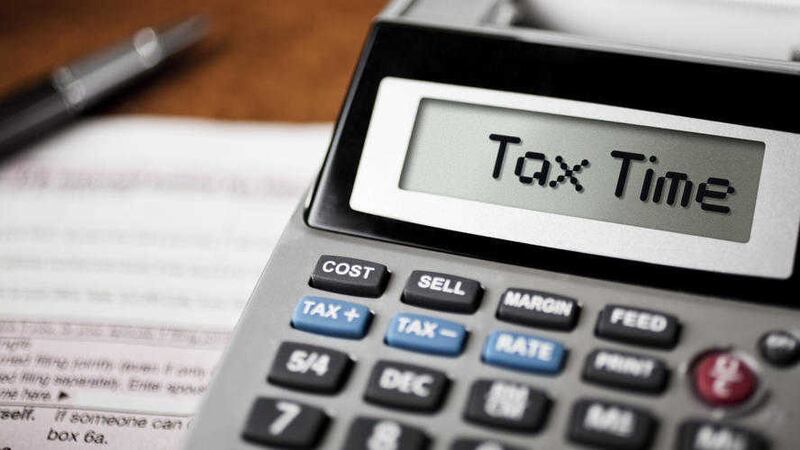QUESTION: I am a self-employed building contractor with a small team of men working for me. My accountant completes my accounts and tax return in January each year. I have read about HMRC’s new digital system and that I might have to do my accounts up to four times a year. Can you explain what is changing?
ANSWER: In the Budget speech last March, the Chancellor announced that as part of the government's vision to modernise the tax system, tax returns would be replaced by digital tax accounts. In the autumn statement in November he reiterated that the government was ‘going to build one of the most digitally advanced tax administrations in the world so that every individual and every small business will have their own digital tax account by the end of the decade, in order to manage their tax online’.
It was also announced that most businesses, self-employed people and landlords would be required to keep their tax records digitally and update HMRC at least quarterly. There was also a promise of a £1.3 billion investment to bring the proposals to fruition. Just before Christmas, the government published Making Tax Digital, which is a roadmap setting out in slightly more detail how by 2020, HMRC will have moved to a fully digital tax system.
The aim is that by 2016, every individual and small business will have access to their own secure digital tax account, like an online bank account, that enables them to interact with HMRC digitally. And by 2020, businesses and individual taxpayers will be able to register, file, pay and update their information at any time of the day or night.
In launching the road map to make tax digital by 2020, the government explained its ‘Making Tax Digital’ vision is structured around four foundations:
• Tax Simplified: Taxpayers will see the information that HMRC holds through their digital tax accounts, and be able to check at any time that their
details are complete and correct.
• Making tax digital for business: HMRC will collect and process information affecting tax in as close to real time as possible. From April 2018, businesses, including everyone who is self-employed, will be required to update HMRC at least quarterly.
• Tax in one place: By 2020, taxpayers will be able to see their complete financial picture in their digital account.
• Making tax digital for individual taxpayers: By April 2016, every individual and small business will have access to a digital tax account, which will present individual taxpayers with a personalised picture of their tax affairs.
In due course, digital tax accounts should contain all relevant tax details and benefit entitlements for individuals and businesses, but this seems a long way off. Given that many taxpayers prefer their accountant to take complete control of their tax affairs and will not want to go through the verification process to access their personal tax account, and given the vital work accountants do to ensure taxpayers comply with their tax reporting and payment obligations, it is disappointing that it is not currently designed for use by agents, although according to the timeline in the roadmap this should be possible by the end of the year.
The whole idea of digital tax accounts presupposes that taxpayers have broadband internet access and have access to and can use a computer, or can access their account via a smartphone or tablet. Given that many taxpayers will not have this ability, more needs to be done to ensure such taxpayers are not excluded from this modernised tax system.
Given the government announcement that taxpayer's will be able to manage their tax affairs ‘without ever having to complete a tax return again’, taxpayers could be forgiven for thinking that their tax reporting obligations would be reduced, but as detailed above many will need to update HMRC more frequently than they currently do and it should not be forgotten that ‘taxpayers will still be responsible for ensuring their tax bills are right and telling HMRC about information that is not reported by other means’.
This drive to create a digital tax system operating in as close to real time as possible ties in with the autumn statement 2015 announcement that from April 2019 capital gains tax will have to be paid within 30 days of completion of any disposal of residential property.
Whether all these changes add up, simplification for taxpayers is questionable, and maybe even the Government appreciate this given that they have rebadged the transformation ‘making tax digital’ instead of the previous ‘making tax easier’.
It will also be interesting to see how ‘Ruth’, HMRC's 24-hour virtual assistant, gets on given HMRC's current problems answering the phones!
:: Janette Burns (j.burns@pkffpm. com) is associate director at PKFFPM (www.pkffpm.com). The advice in this column is specific to the facts surrounding the question posed. Neither The Irish News nor the contributors accept any liability for any direct or indirect loss arising from any reliance placed on replies.








